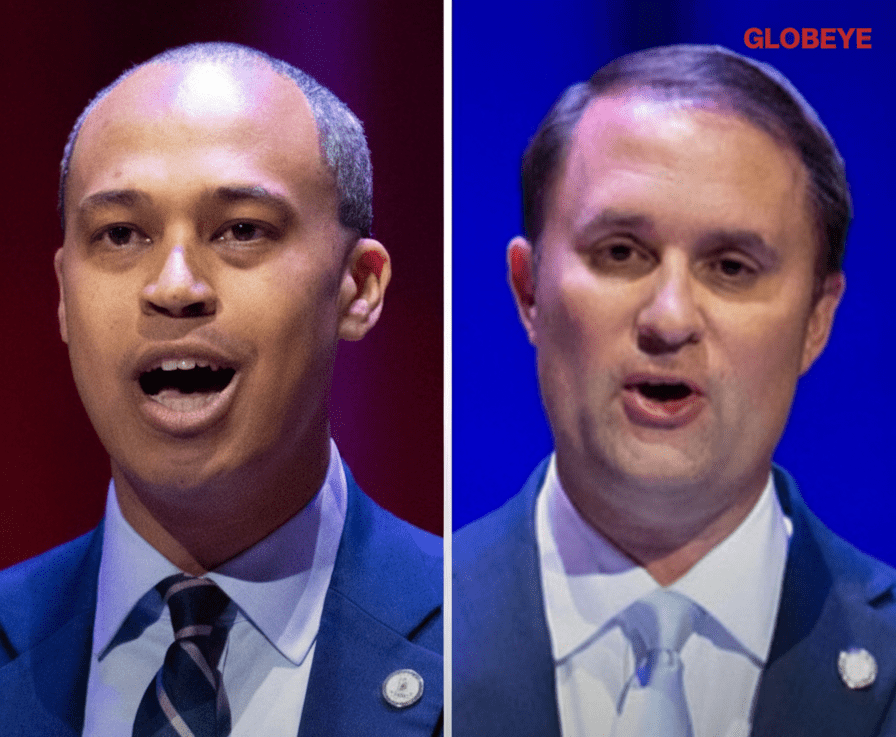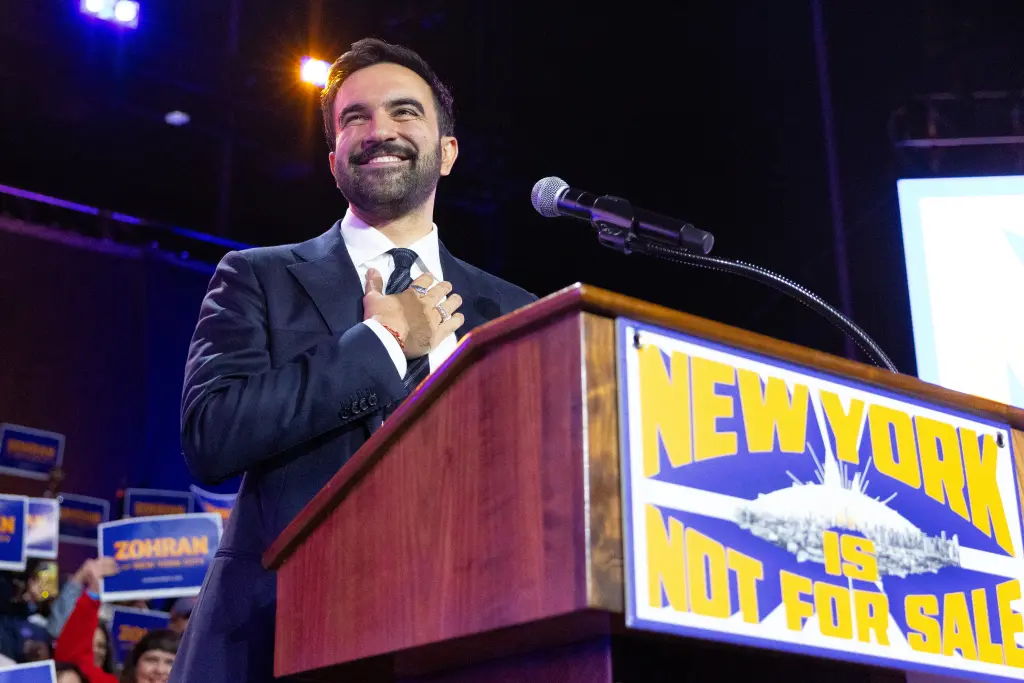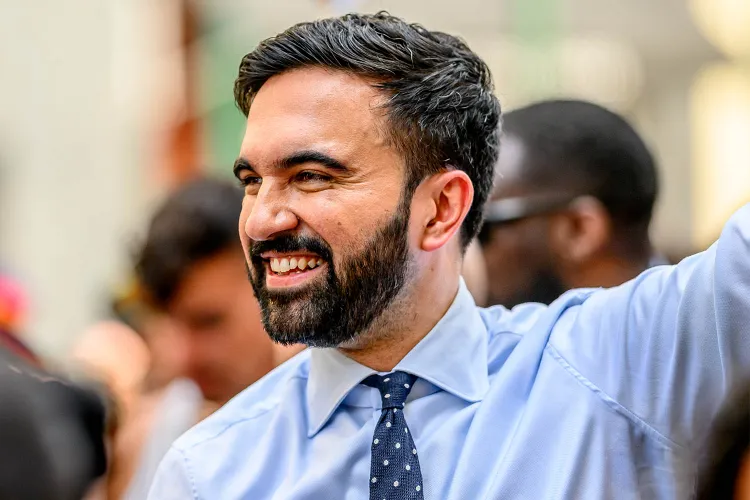OMB Director Russ Vought Halts $11 Billion in Infrastructure Funds Across Democrat-Led Cities — Targeting NYC, San Francisco, Boston, and Baltimore as Shutdown Fallout Escalates
In a move shaking Washington and major Democrat-led cities alike, Office of Management and Budget Director Russ Vought has ordered an immediate halt to more than $11 billion in federal projects managed by the Army Corps of Engineers. The freeze affects key infrastructure projects in New York City, San Francisco, Boston, and Baltimore — all heavily Democratic strongholds — marking one of the most dramatic fiscal actions yet taken during the 17-day government shutdown.
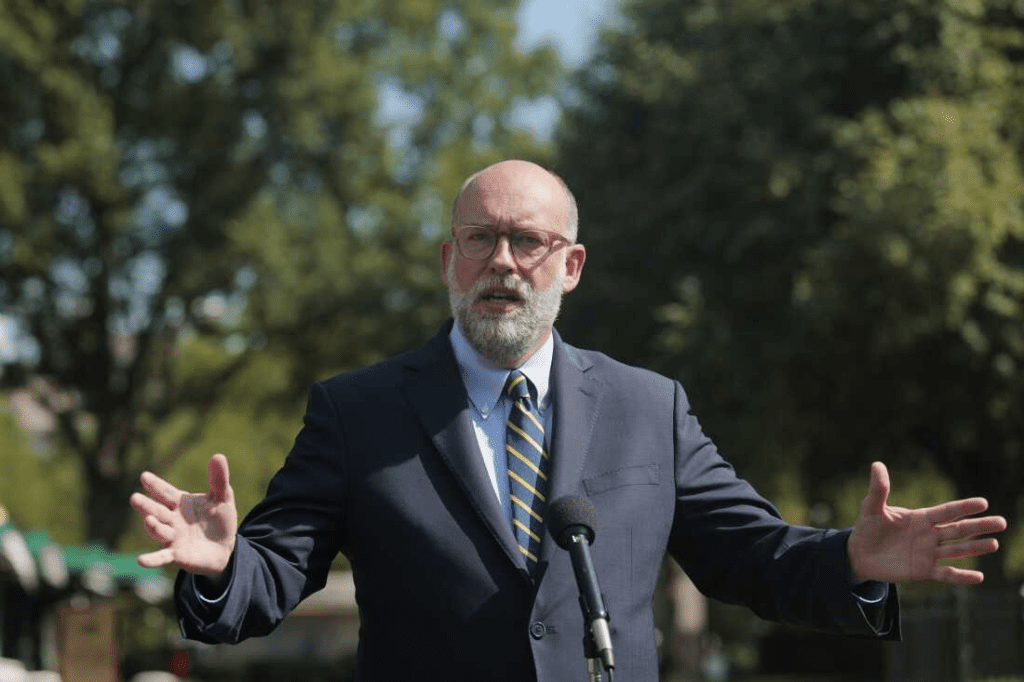
Vought, one of President Donald Trump’s closest policy allies, justified the move as a necessary response to what he called “the Democrat shutdown’s damage to federal resource capacity.” In a statement, he explained that the Corps’ “ability to manage billions of dollars in projects has been severely drained” and that “lower-priority projects will be immediately paused and considered for cancellation.” The announcement follows a pattern of recent budgetary crackdowns by the Trump administration that prioritize cutting costs in what they describe as “waste-heavy blue city programs.”
The $11 billion pause covers a wide range of infrastructure and environmental projects — from flood protection systems and harbor maintenance to clean water initiatives. Officials in the affected cities are scrambling to determine which contracts and construction efforts will be directly impacted. Sources familiar with the plan told Fox Digital that most of the suspended funds were allocated to projects that had not yet reached active construction, giving the administration room to delay without breaching federal contracting obligations.
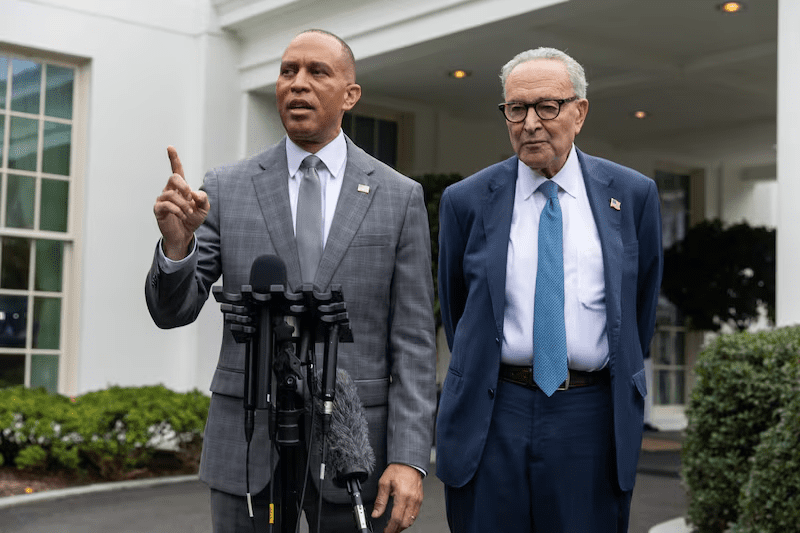
This latest decision builds on earlier steps taken by Vought and the Trump administration to redirect federal funds away from what they argue are politically biased or financially irresponsible programs. Earlier this month, OMB froze $18 billion in New York City infrastructure funding and $8 billion in clean energy projects nationwide, citing concerns over “ideologically driven spending.” Combined, the moves have halted nearly $40 billion in planned investments, primarily concentrated in Democrat-led states and cities.
Republican strategists are calling the action a bold example of fiscal responsibility during the shutdown. They argue that Democratic leaders like Senate Majority Leader Chuck Schumer and House Minority Leader Hakeem Jeffries — both representing New York — bear direct responsibility for the economic fallout. “The Democrats wanted a shutdown; now they’re seeing what it costs,” one senior GOP aide said.

Across social media, conservative commentators praised the move as a “FAFO moment,” a slang term for “find out” that’s become a rallying cry among Trump supporters. The reaction from Democrats, however, was swift and scathing. Lawmakers from the affected states accused the administration of weaponizing budget authority for political revenge. “This is not fiscal policy; it’s political punishment,” said Boston Mayor Michelle Wu.
Legal experts are divided on whether the administration can legally sustain such broad funding pauses. Some argue it falls within executive discretion during a shutdown, while others warn it may violate the Impoundment Control Act — a post-Watergate law restricting presidents from withholding congressionally approved funds.
Still, the practical effect is already being felt. The Army Corps of Engineers has begun pausing dozens of contracts, notifying contractors that work will not resume until federal appropriations are restored. Local leaders in New York, Baltimore, and San Francisco fear that months of delays could balloon costs, threaten jobs, and disrupt safety-critical projects.
For the Trump administration, the $11 billion halt underscores a message of discipline and retaliation — that federal spending will no longer operate as a one-way lifeline to blue cities while the rest of the nation shoulders the cost. As President Trump continues to emphasize accountability and budget fairness, the move signals his broader strategy: to reshape the flow of federal dollars, reward fiscal responsibility, and make political leaders bear the weight of their shutdown decisions.

